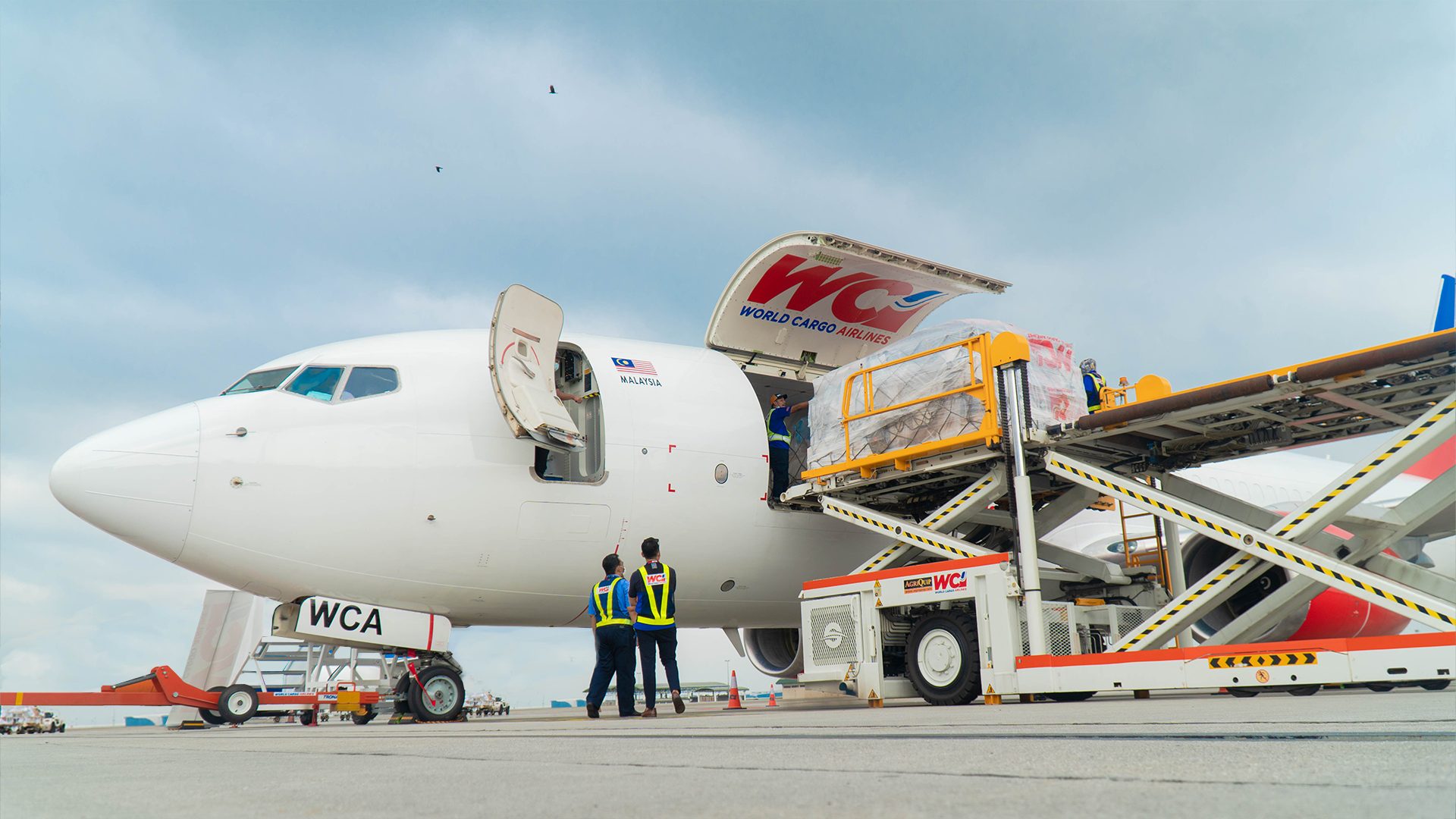
Ever wondered how your online shopping orders from halfway across the globe arrive so quickly? Airline cargo services play a huge role in making that happen. These services transport everything from electronics to fresh produce, ensuring goods reach their destinations swiftly and safely. But there's more to it than just loading boxes onto planes. Airline cargo involves complex logistics, specialized aircraft, and strict regulations. Whether you're curious about the types of goods transported or the technology behind tracking shipments, understanding the ins and outs of this industry can be fascinating. Let's dive into 18 intriguing facts about airline cargo services that might just surprise you!
Key Takeaways:
- Airline cargo services handle over 52 million metric tons of goods annually, including electronics, fresh produce, and high-tech equipment. This high-value, time-sensitive cargo represents about 35% of global trade by value.
- Innovations in airline cargo, such as automated handling systems and real-time tracking, improve efficiency and reliability. The industry is also working on sustainability, with investments in fuel-efficient aircraft and sustainable aviation fuel.
The Importance of Airline Cargo Services
Airline cargo services play a crucial role in global trade and logistics. They ensure that goods reach their destinations quickly and efficiently. Here are some fascinating facts about this vital industry.
-
Airline cargo services handle over 52 million metric tons of goods annually. This massive volume includes everything from electronics to fresh produce.
-
Air cargo represents about 35% of global trade by value. Although it accounts for less than 1% of world trade by volume, its high value makes it indispensable.
-
The first air cargo flight took place in 1910. A Wright Model B aircraft transported 200 pounds of silk from Dayton to Columbus, Ohio.
Types of Goods Transported
Airline cargo services transport a wide variety of goods. Some items are particularly suited for air transport due to their value or time sensitivity.
-
Pharmaceuticals and medical supplies are commonly shipped by air. These items often require strict temperature control and rapid delivery.
-
Electronics and high-tech equipment frequently travel by air. Their high value and demand for quick delivery make air transport ideal.
-
Perishable goods like flowers, fruits, and seafood rely on air cargo. Speed is essential to maintain freshness and quality.
Innovations in Airline Cargo
The industry constantly evolves to meet the demands of global trade. Innovations help improve efficiency and reliability.
-
Automated cargo handling systems streamline operations. These systems reduce human error and increase speed.
-
Temperature-controlled containers ensure the safe transport of sensitive goods. These containers maintain a consistent environment, crucial for pharmaceuticals and perishables.
-
Real-time tracking technology provides transparency. Customers can monitor their shipments from departure to arrival.
Environmental Impact and Sustainability
Airline cargo services are working to reduce their environmental footprint. Sustainable practices are becoming more common in the industry.
-
Many airlines are investing in more fuel-efficient aircraft. These planes produce fewer emissions and lower operating costs.
-
Sustainable aviation fuel (SAF) is gaining traction. SAF can reduce carbon emissions by up to 80% compared to traditional jet fuel.
-
Carbon offset programs help mitigate the environmental impact. Airlines offer customers the option to offset the carbon footprint of their shipments.
Challenges Faced by Airline Cargo Services
Despite their importance, airline cargo services face several challenges. These obstacles require innovative solutions and constant adaptation.
-
Security concerns are a significant issue. Ensuring the safety of cargo while maintaining efficiency is a delicate balance.
-
Fluctuating fuel prices impact operating costs. Airlines must navigate these changes to remain profitable.
-
Regulatory compliance varies by country. Navigating different regulations can be complex and time-consuming.
The Future of Airline Cargo Services
The future looks promising for airline cargo services. Technological advancements and changing market demands will shape the industry.
-
Drones could revolutionize air cargo. They offer the potential for faster, more flexible deliveries, especially in remote areas.
-
Artificial intelligence (AI) is improving logistics. AI can optimize routes, predict demand, and enhance customer service.
-
E-commerce growth is driving demand for air cargo. As online shopping increases, so does the need for rapid, reliable delivery services.
The Final Word on Airline Cargo Services
Airline cargo services play a crucial role in global trade. They ensure goods reach their destinations quickly and safely. From transporting perishable items to handling oversized cargo, these services are versatile. They use advanced technology to track shipments, providing real-time updates. This transparency builds trust with customers. Additionally, airline cargo services contribute significantly to economies by creating jobs and supporting businesses. They also adhere to strict regulations to ensure safety and security. With the rise of e-commerce, the demand for efficient cargo services is growing. Airlines are continually innovating to meet these needs. Whether it's through faster delivery times or more sustainable practices, the industry is evolving. Understanding these facts helps appreciate the complexity and importance of airline cargo services. Next time you receive a package from across the globe, remember the intricate network that made it possible.
Frequently Asked Questions
Was this page helpful?
Our commitment to delivering trustworthy and engaging content is at the heart of what we do. Each fact on our site is contributed by real users like you, bringing a wealth of diverse insights and information. To ensure the highest standards of accuracy and reliability, our dedicated editors meticulously review each submission. This process guarantees that the facts we share are not only fascinating but also credible. Trust in our commitment to quality and authenticity as you explore and learn with us.


